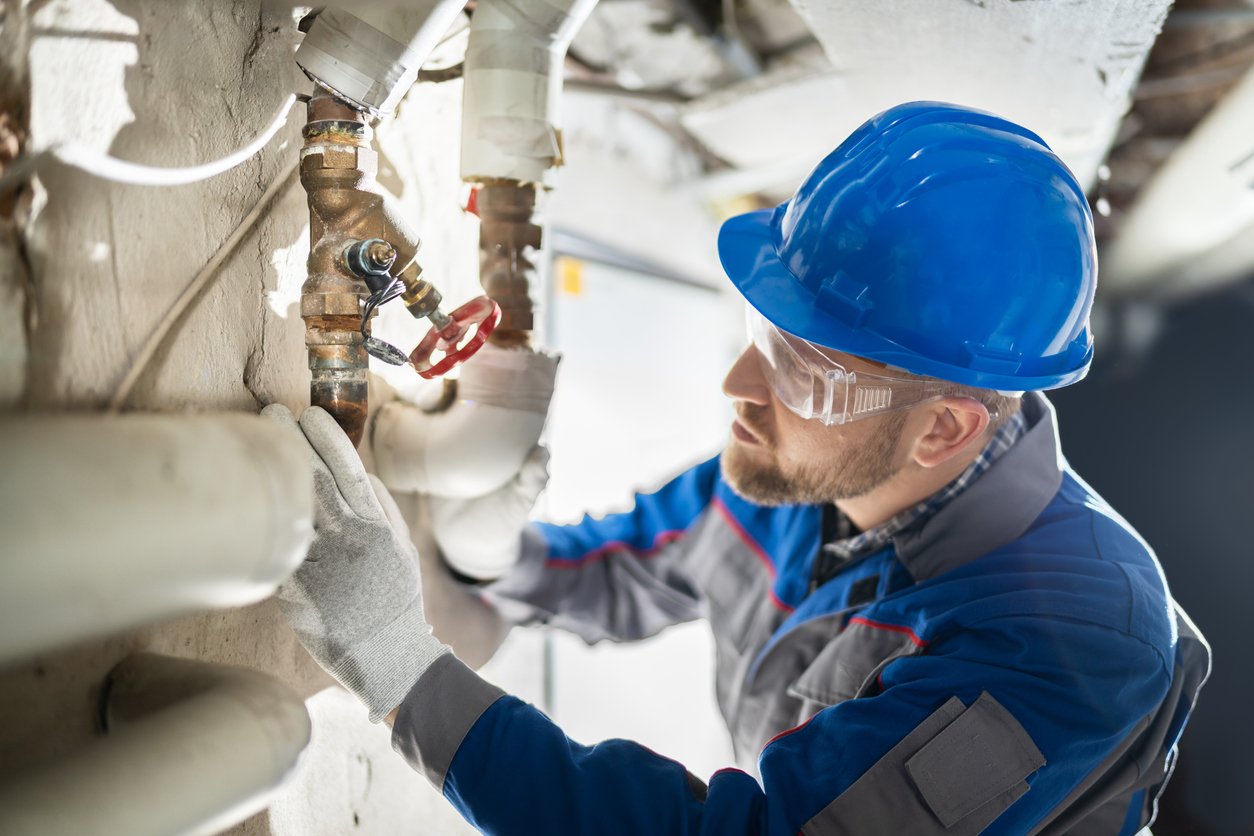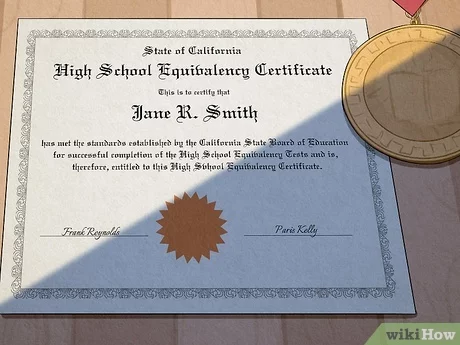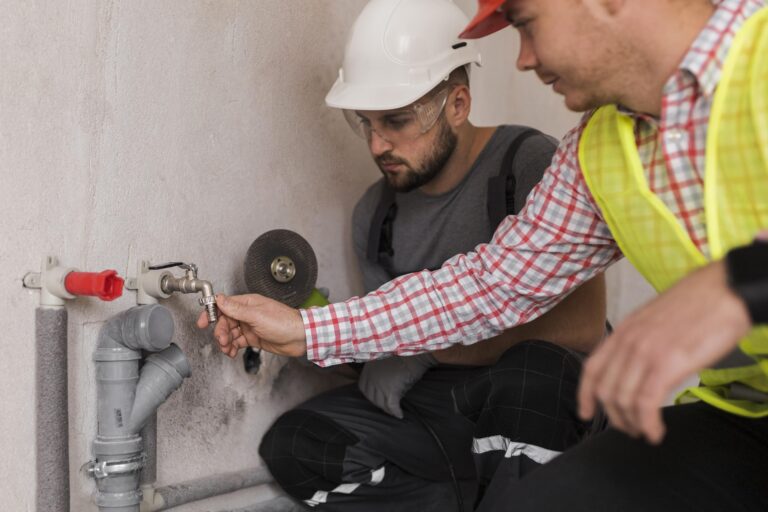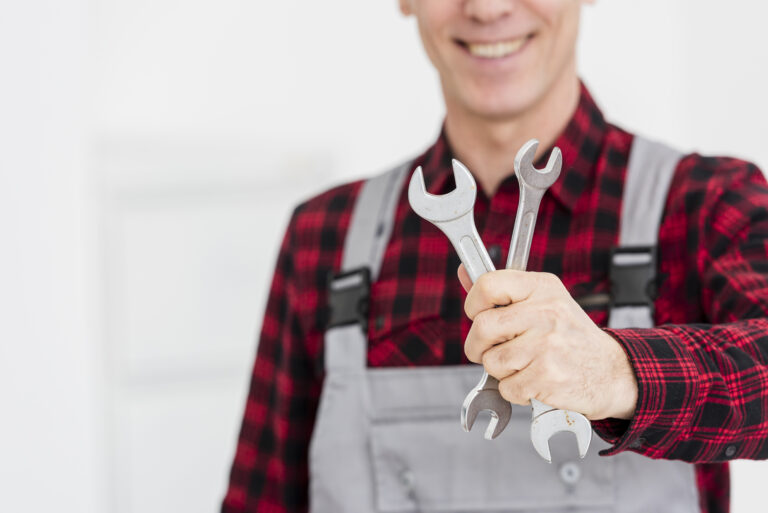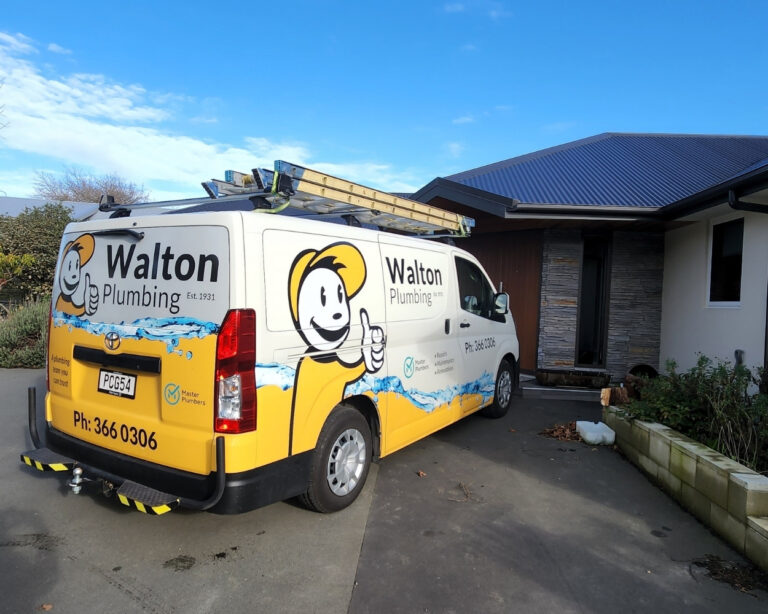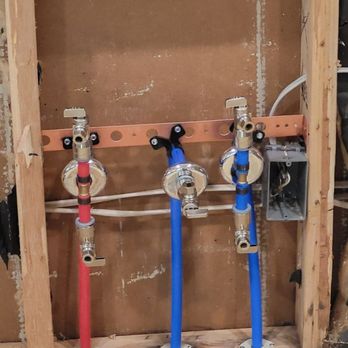What Is A Negative Of Being A Plumber?
Being a plumber can be a rewarding and lucrative career, but it also has its drawbacks. Plumbers face a variety of challenges, such as hazardous working conditions, long hours, and physical labor. In addition, plumbers often have to work in cramped and uncomfortable spaces, making the job more difficult. Furthermore, plumbers must often deal with customer complaints and difficult situations, making it difficult to maintain a positive attitude. Finally, plumbers often have to work on weekends and holidays, which can interfere with their personal lives.
Potential Hazards and Risks
Plumbing is a profession that comes with its own set of rewards and drawbacks. While it can be a rewarding and lucrative career, it also comes with certain risks. One of the most common negative aspects of being a plumber is potential hazards and risks associated with the job. Plumbers are often exposed to a variety of hazardous materials and potentially dangerous situations, so it’s important to be aware of the risks associated with plumbing work.
The most obvious hazard for plumbers is the potential to get injured while handling tools and equipment. If not handled properly, tools can cause severe lacerations or even worse, broken bones. Plumbers also must be aware of the dangers associated with working with gas and water pipes, which can also pose serious risks. Additionally, plumbers frequently work with hazardous materials such as lead, asbestos, and chemicals, and must take the necessary precautions to ensure their safety.
Another potential risk for plumbers is the possibility of long-term health problems due to the exposure to hazardous materials on the job. Inhaling asbestos fibers, for example, can cause long-term respiratory issues, while exposure to lead can lead to serious health conditions such as kidney damage, neurological damage, and even death. To minimize these risks, it is essential that plumbers take the necessary safety precautions when dealing with hazardous materials.
While the risks associated with plumbing work can be intimidating, it is important to remember that by taking the necessary safety precautions, plumbers can greatly reduce their risk of injury. With careful planning and proper safety protocols, plumbers can enjoy a rewarding and safe career.
Physical Demands of the Job
Being a plumber requires physical strength and stamina due to the nature of the job. Plumbers may have to crawl into tight spaces, lift heavy equipment, and be exposed to extreme temperatures. They may also need to wear protective clothing and safety gear while on the job. This type of work can be physically challenging and can take a toll on the body over time. In addition, plumbers may have to work in uncomfortable conditions such as confined spaces with no bathroom or running water. Plumbers must also be able to diagnose and repair plumbing problems quickly and accurately to avoid water damage to a home or business. The physical demands of the job can be difficult and dangerous, but they are necessary to ensure that plumbing systems are functioning properly.
Limited Job Security
Being a plumber can be an exciting and rewarding job, but it also has its downsides. One of the most notable negatives of being a plumber is the limited job security. Plumbing is a skilled, technical job and requires a great deal of training and experience. As the economy fluctuates, the demand for plumbers can decrease and for some, this means job losses. Additionally, due to the nature of the job, plumbers must be available 24/7 to repair emergency leaks and other problems. This can make it difficult to juggle a family life and a regular job. Furthermore, due to the competitive nature of the industry, it can be difficult for plumbers to find and keep steady employment.
Though the job security may be limited, there are still plenty of opportunities for plumbers. As long as they are willing to be flexible and knowledgeable, they can often find work in the plumbing industry. Additionally, by staying up-to-date on the latest techniques and technology, plumbers can increase their chances of finding and keeping steady employment. In the end, being a plumber is a rewarding job that can provide a great deal of satisfaction, but it is important to be aware of the potential limitations of the job.
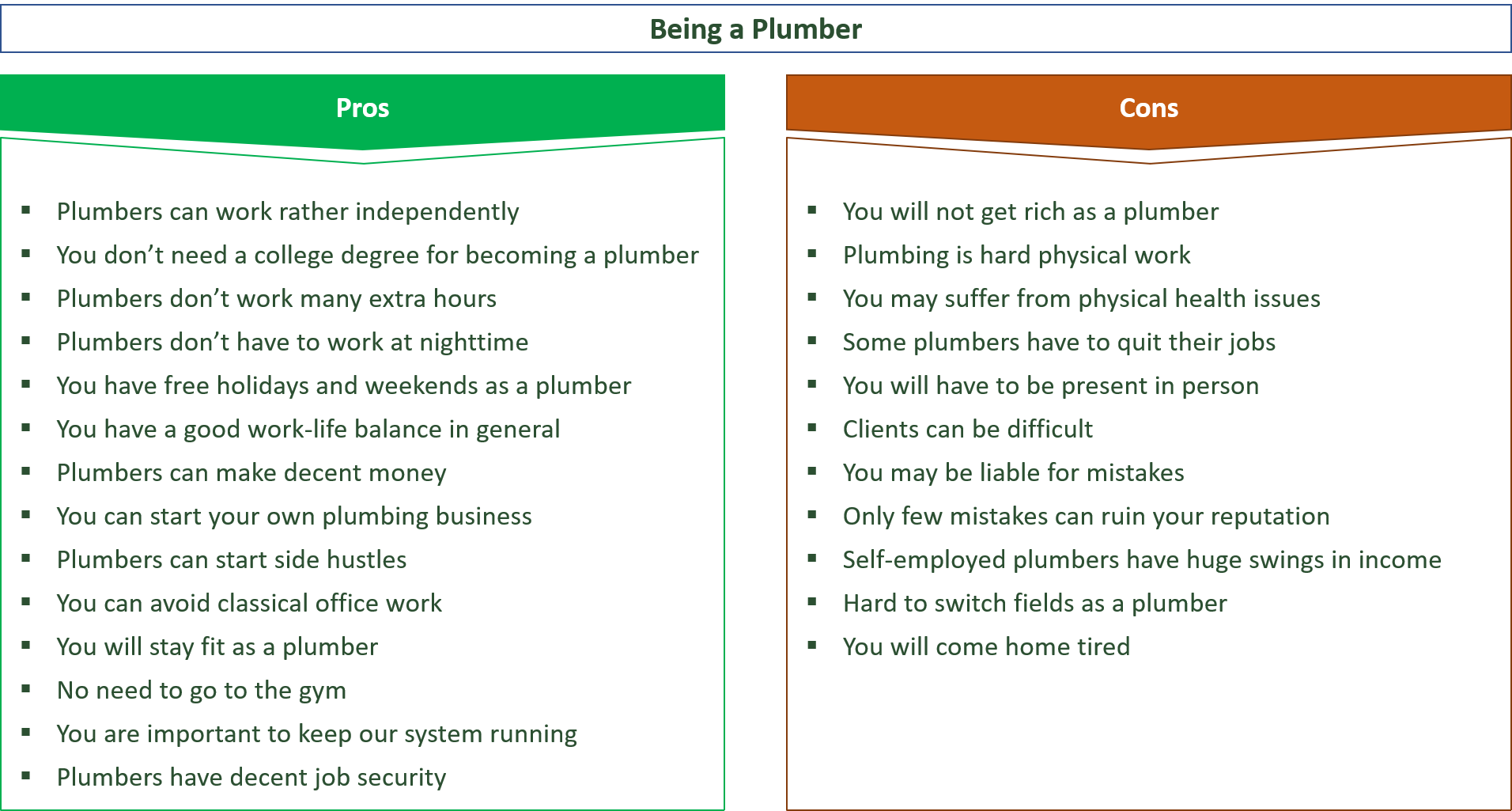
Low Starting Pay
Being a plumber can be a challenging and rewarding profession, but it does come with its drawbacks. One of the most significant downsides to being a plumber is the relatively low starting pay. Although experienced plumbers may earn a comfortable salary, entry-level plumbers are often paid a much lower rate. This means that starting out as a plumber can be difficult and may require you to take on other jobs in order to make ends meet.
What’s more, plumbers are often required to pay for their own tools, uniforms, and other supplies, which can add up quickly and create a financial burden. This can be especially difficult for those who are just starting out in the profession and may not have the financial resources to support themselves while they build up their client base. Additionally, plumbers are often required to buy or rent a vehicle in order to get to their clients, which can also add to the overall cost of the job.
The low starting pay for plumbers can be discouraging, but it doesn’t have to be a deal-breaker. With the right attitude and a willingness to work hard, it is possible to make a successful career out of being a plumber. By taking on additional jobs and building up a solid reputation, plumbers can eventually gain the experience and confidence needed to move up in pay and land higher-paying contracts. With determination and dedication, it is possible to make a comfortable living as a plumber.
Difficulty in Finding Customers
Being a plumber can be a great career, but like any job, it can have its drawbacks. One of the most common negatives of being a plumber, is the difficulty in finding customers. It can be especially challenging for new plumbers to build a customer base and gain steady work. Plumbers may have to spend time and money marketing themselves, networking, and advertising services, in order to attract new customers. Additionally, many plumbers rely on word-of-mouth referrals from their existing customers, in order to find new work. Building a customer base can be a slow process and can result in a lack of steady income for plumbers. However, with dedication and hard work, plumbers can eventually build a successful business with a steady stream of reliable customers.
Limited Career Mobility
Being a plumber comes with its unique set of challenges, one of which is limited career mobility. While there are numerous opportunities for growth and expansion within the plumbing industry, plumbers do not have access to the same level of career mobility as other professions. This is due to the fact that plumbers typically work in the same areas, and are usually tied to one geographic location. For example, if a plumber works in a particular city, they may not have the opportunity to move to a different city and take on the same type of work. This limitation can be especially challenging if the plumber wants to seek out a different career path within the same industry.
The lack of career mobility can also be problematic if the plumber wants to move up in the industry and take on new roles and responsibilities. Plumbers may find themselves in a tough spot if they want to move up from a technician role to a managerial role, as most plumbing companies only allow for a small number of managerial positions. This can lead to plumbers having to switch companies in order to get the experience and qualifications they need to move up in the industry.
Overall, the lack of career mobility can be a major downside for plumbers who are looking to grow and expand their career. While there are still plenty of opportunities for growth and development within the plumbing industry, the limited career mobility can make it difficult for plumbers to take on new and different roles.
FAQs About the What Is A Negative Of Being A Plumber?
Q: What are some of the drawbacks of being a plumber?
A: Some of the drawbacks of being a plumber include working in uncomfortable conditions, having to work in cramped spaces, and dealing with hazardous materials. Additionally, plumbers may be exposed to dangerous fumes, extreme temperatures, and hazardous materials.
Q: Is plumbing a dangerous job?
A: Yes, plumbing can be a dangerous job. Plumbers are exposed to a variety of hazardous materials, extreme temperatures, and dangerous fumes. Additionally, they may work in cramped spaces which can be dangerous if not done safely.
Q: Is the pay good for plumbers?
A: Yes, the pay for plumbers is typically good. According to the Bureau of Labor Statistics, the median annual wage for plumbers was $54,490 in May 2019. Plumbers can also earn additional income through overtime and bonuses.
Conclusion
Being a plumber can be a rewarding career, but it also comes with some drawbacks. Plumbers often have to work in cramped, uncomfortable, and sometimes hazardous conditions. Long hours, frequent on-call shifts, and physical labor can make the job difficult and draining. Additionally, the job requires an investment of time and money in order to become certified and stay up to date with the latest plumbing technologies. As a result, plumbers must often devote a significant portion of their time and energy to continuing their education and keeping up to date with safety requirements.

